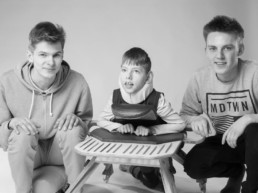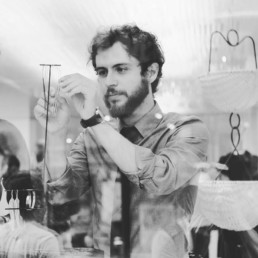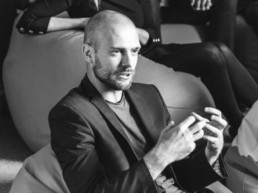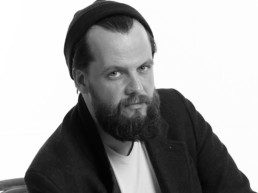More than 200 social enterprises created in Latvia in five years
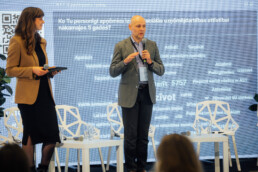
Although the social entrepreneurship sector in Latvia is only five years old, there are already more than 200 active companies that have been granted the status of social enterprise, but in reality there are even more social entrepreneurs. The next programming period for European Union funds will continue to support social entrepreneurship to grow.
“Five years on and there are more than 200 companies that are officially social entrepreneurs. The Ministry of Welfare now has a proposal and a vision to continue the good work in the next period,” At the social entrepreneurship conference organised by the Ministry of Welfare “Be Proud. Evaluate. Celebrate!” Minister of Welfare Uldis Augulis said.
Social entrepreneurship conference “Be Proud. Evaluate. Celebrate!” was opened by the European Commission Social and Inclusive Entrepreneurship Head of Unit – Brigitte Fellahi-Brognaux.
According to Imants Lipskis, Director of the Labour Market Policy Department of the Ministry of Welfare, the Social Entrepreneurship Support Project for the period 2024-2029 aims to support social enterprises and the social entrepreneurship environment in general. EUR 12 million are earmarked for this purpose. The support programme will be implemented by the Ministry of Welfare in cooperation with ALTUM.
The support measures will have three parts: advisory and information support, information and education measures, as well as social business support instruments – grants, advice on preparing a business plan and compensation for compulsory social security contributions for the employment of persons with disabilities and mental disorders. Grants are intended for business start-ups and business development. Social business start-ups can apply for grants of up to EUR 40 000, while development grants can cover up to EUR 200 000.
In five years, 270 enterprises have been granted social enterprise status, and 203 social enterprises are currently active. Many companies that create social impact do not register as social enterprises for various reasons. Often they are not even aware that they are social enterprises. One of the objectives for the next period is therefore to invest in education and awareness-raising activities. According to the experts of the Ministry of Welfare, social entrepreneurship has the potential to develop and grow as an important sector that can bring significant benefits both to the individual and to society as a whole.
The majority of social enterprises – 49% – operate in Riga and 22% – in the Baltic Sea Region. 10% of the total number of enterprises operate in Kurzeme, 9% in Zemgale, 6% in Vidzeme and 4% in Latgale. The largest share of social enterprises – 22% – employs members of target (vulnerable) groups. 21% work in education, and 19% in sport, health promotion and medicine. This is followed by building an inclusive civil society, promoting cultural diversity (12%), supporting groups at risk of social exclusion (10%), social services (6%), environmental protection (3%) and others (6%).
In the period 2016-2023, the State has invested almost €17 million in social entrepreneurship. Altum has signed 206 grant agreements worth €12.6 million during this period. The average grant per enterprise has been €62,000.
In October 2017, the Social Enterprise Act was adopted and entered into force on 1 April 2018. The law was designed to promote the quality of life in society and to facilitate the employment of people at risk of social exclusion. It establishes the legal framework, sets out the criteria for obtaining social enterprise status and provides support measures for social enterprises. According to generally accepted international practice, a social enterprise is an enterprise whose main objective is to create social impact rather than profit.
It operates in a market-oriented, entrepreneurial and innovative way, producing goods or services. In Latvia, the law clearly defines a social enterprise as a limited liability company which has been granted the status of a social enterprise and which carries out an economic activity that has a positive and significant social impact.
Information prepared by:
Egils Zariņš, Public Relations Specialist, Communications Department, Ministry of Welfare, 64331829,

